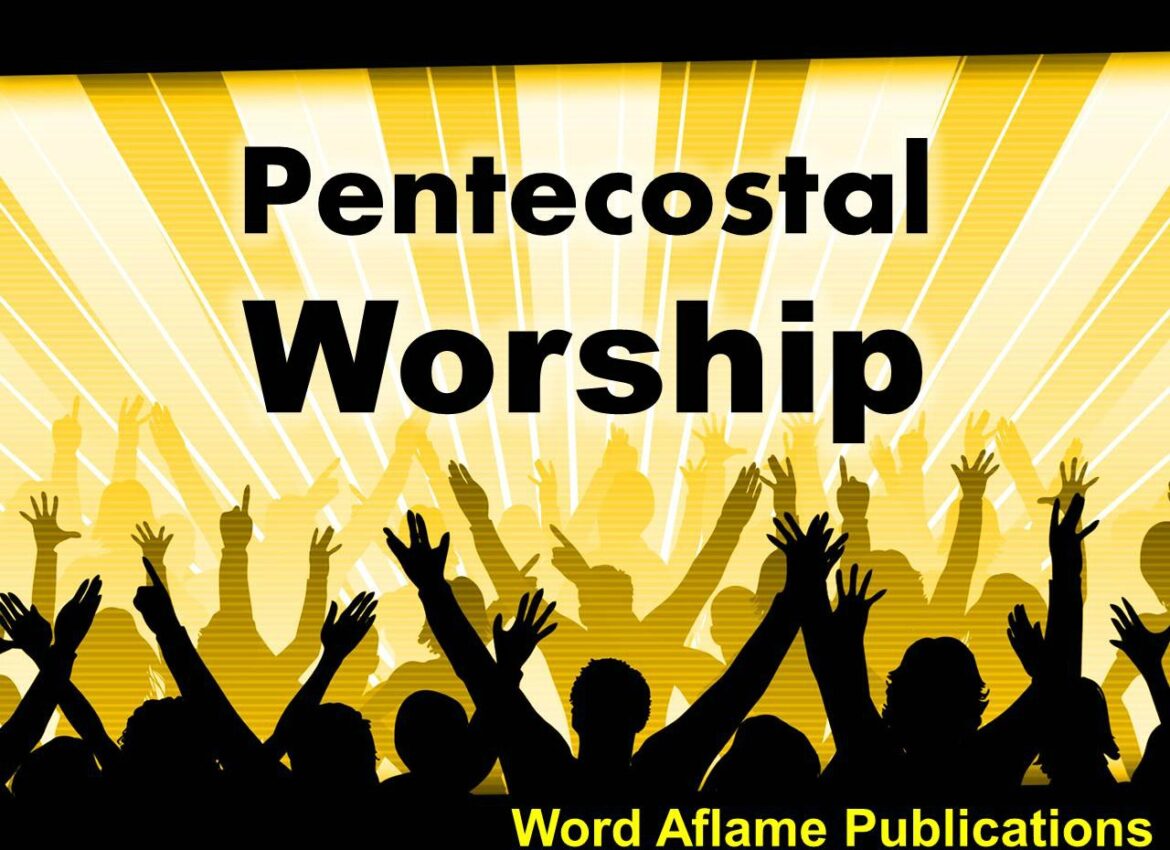The Pentecostal Church represents a vibrant and dynamic expression of Christianity, characterized by a profound emphasis on the active work of the Holy Spirit. But what precisely defines the Pentecostal experience, and how does it manifest in worship and doctrine? This inquiry invites exploration into the rich tapestry of beliefs, practices, and community life that distinguish Pentecostalism from other Christian traditions.
At its core, the Pentecostal movement emerged in the early 20th century, catalyzed by a desire for a more robust spiritual encounter. Its genesis is often traced back to the Azusa Street Revival in Los Angeles, which ignited a fervent enthusiasm for Spirit-filled worship and the manifestation of spiritual gifts. Yet, this historical context begs a question: what is it about the Pentecostal experience that captivates so many believers? Is it solely the miraculous, or is there a deeper significance rooted in its theological foundations?
One of the hallmarks of the Pentecostal Church is the doctrine of the baptism in the Holy Spirit. This experience is typically viewed as a subsequent act to conversion, an infusion of divine power that enables believers to lead lives marked by holiness and service. Many Pentecostals assert that the initial evidence of this baptism is the speaking in tongues, a phenomenon that serves as both a personal prayer language and a corporate expression of worship. The intentionality of seeking this baptism forms a central part of the faith journey for many adherents, positioning it as a pivotal moment of empowerment in their Christian walk.
The experience of Spirit-led worship in the Pentecostal Church is another distinguishing characteristic. Worship services often feature an exuberant atmosphere filled with music, dancing, and spontaneous expressions of praise. This environment is not merely about emotional release; it is deeply embedded in the belief that worship is a direct interaction with the divine. The use of contemporary music—frequently infused with rhythmic beats and heartfelt lyrics—helps create an engaging worship experience that resonates with congregants on multiple levels.
Interestingly, this type of worship raises an intriguing challenge: Does the emphasis on emotional experience dilute the theological foundations of faith? Critics argue that the focus on experience may overshadow sound doctrine, a concern that merits serious consideration. Nevertheless, adherents contend that the emotional surge experienced during worship does not detract from, but rather enhances, their understanding of God’s presence and power. In this context, worship becomes a form of theological reflection, where feelings and faith converge, opening congregants to deeper truths about the divine.
Doctrine within the Pentecostal Church is primarily characterized by its adherence to the core tenets of the Christian faith, coupled with an openness to contemporary revelations. Key doctrinal elements include the authority of Scripture, belief in the Trinity, and the necessity of salvation through Jesus Christ. These beliefs are often taught through a lens that highlights the active, ongoing work of the Holy Spirit, who continues to engage with humanity in transformative ways.
An essential aspect of Pentecostal doctrine is the belief in the gifts of the Spirit, as outlined in 1 Corinthians 12. These gifts—such as prophecy, healing, and discernment—are not seen as relics of the past but as tools every believer can access in their spiritual journey. This belief fosters an empowering culture, encouraging individuals to explore their spiritual gifts and utilize them in service to others, thus promoting a sense of community and active participation in the Body of Christ.
Additionally, Pentecostals place great emphasis on signs and wonders, believing that these manifestations serve as evidence of God’s kingdom on earth. The practice of healing services, prophetic utterances, and divine interventions during worship not only invigorate the community but also serve as a testament to the ongoing narrative of God’s power in the contemporary age. However, this approach can lead to controversy, particularly when expectations regarding miraculous events become elevated. How do communities navigate the tension between faith in miracles and the reality of unfulfilled prayers?
Within the expansive landscape of Pentecostalism, distinct movements and denominations have carved their identities, each contributing to the broader narrative of Spirit-led worship and doctrine. From the Assemblies of God to the Church of God in Christ, these varying expressions underscore the diversity present within the movement. Each denomination may emphasize different aspects of the faith, yet they share a common commitment to an experiential faith deeply rooted in the work of the Holy Spirit and the call to evangelism.
Moreover, the global reach of Pentecostalism cannot be overlooked. As the movement transcends geographical boundaries, it adapts to diverse cultural contexts, melding indigenous practices with traditional Pentecostal beliefs. This adaptability raises additional questions: How does cultural context shape the expression of faith, and what implications does this have for the authenticity of spiritual experiences?
In conclusion, the Pentecostal Church is far more than an expression of exuberant worship; it encompasses a rich theological framework, a commitment to community empowerment, and an invitation to encounter the divine. The spirit-led worship, the emphasis on the Holy Spirit’s activity, and the vibrant doctrines create a dynamic ecosystem where believers are equipped, challenged, and inspired. Ultimately, engaging with these elements prompts deeper reflections on worship, spirituality, and the quest for authentic encounters with God. As the Pentecostal movement continues to evolve, its emphasis on both experience and doctrine remains a testament to the transformative power of faith in the modern world.



